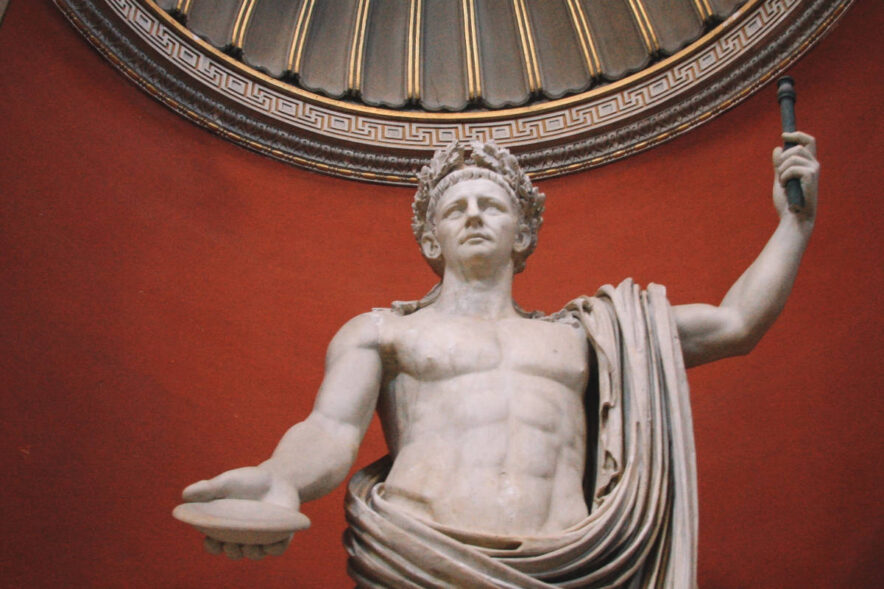I really love talking about church. Not, as in, my church or your church. Not, as in, what flavour of...
Tag: jesus christ
Showed 10 to 18 posts out of 19 total under "Tag: jesus christ" category.
(Not a reader? Take a listen instead ⇓) I like the Apostle Paul. I like his ability to ‘call...
(Not a reader? Take a listen instead ⇓) The appearance of Jesus on the Jewish scene was a dramatic...
The subject of hell has popped up in a few different conversations recently, and, while I tend to try...
(Not a reader? Take a listen instead ⇓) Christianity in the first century was a spiritual explosion, fueled...
(Not a reader? Take a listen instead ⇓) What’s beneath the skin of our collective Christian identity? Has Christianity...
“Walking, stumbling, on these shadow feet; toward home, a land that I’ve never seen. I am changing: less and...
How we, as Christians, respond in times of crisis is not just vitally important for our own faith and...








